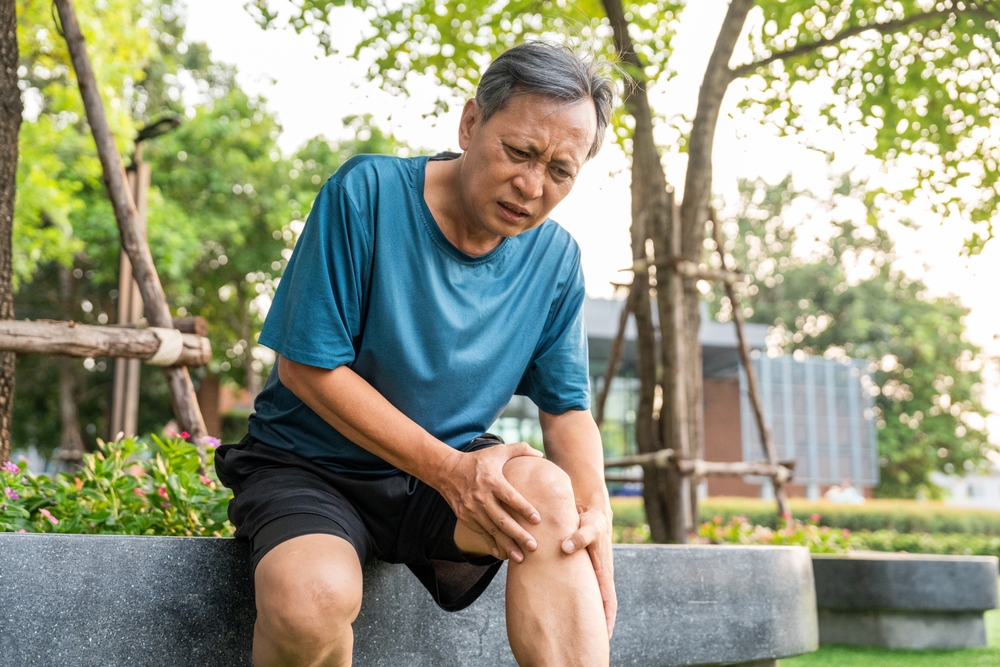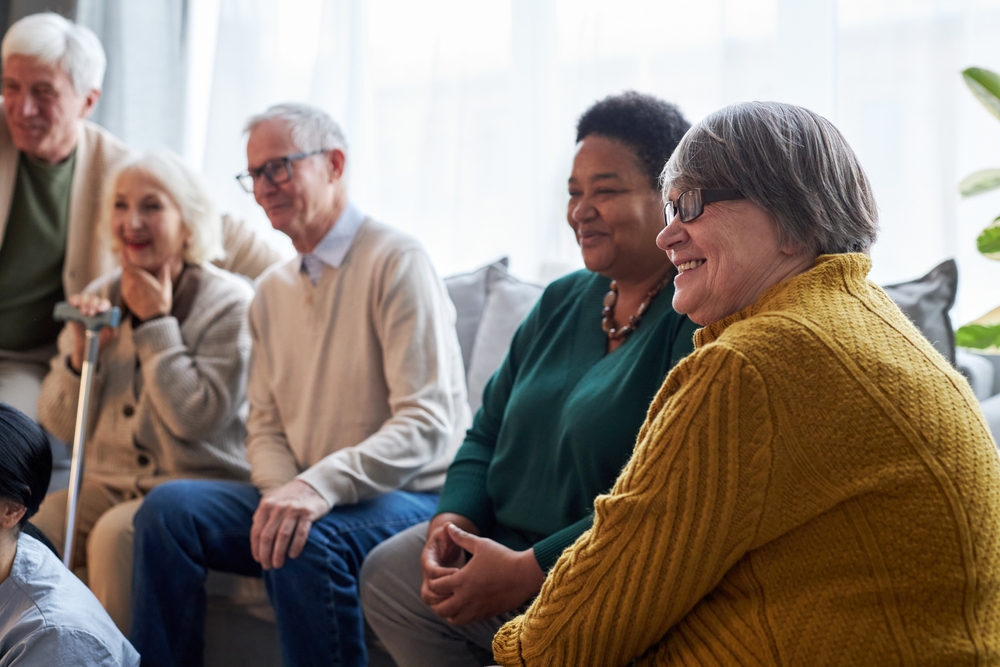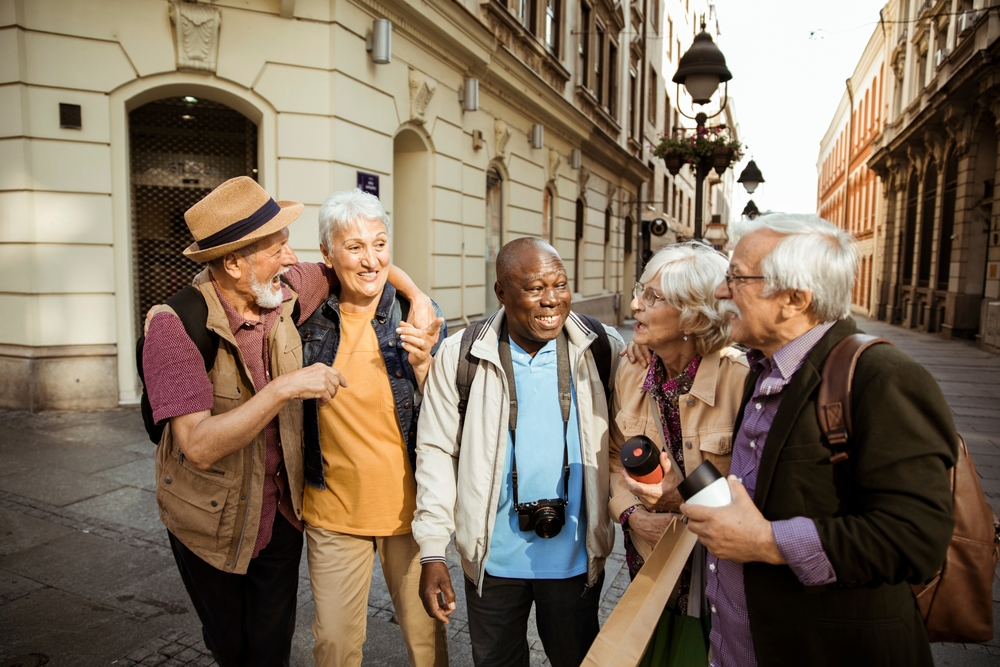Senior Independence: Aging and Loss of Independence
Category:

Perhaps one of the most difficult aspects of aging is losing your independence. That’s why so many older adults want to continue to drive long past the time they should turn over their keys and call it a day. Losing your independence can be scary, so it makes sense to do everything you can now to stay as independent as long as you can.
How to Prolong Living Independently for Elders
Just because you’re getting older doesn’t mean you have to give up or lose all of your independence. There are many options to prolong senior independence. These include home care, social services, adult day care, and other in-home services.The first step is to determine your or your senior loved one’s needs. Depending on the health and mobility conditions you’re dealing with, your needs will vary greatly. Take some time to write down all of your conditions you are dealing with on a daily basis and any tasks you feel you need help with.Don’t let embarrassment get in the way of the help you may need, and keep in mind that aging and loss of independence don’t always have to go hand-in-hand.Some of the tasks you might want help with include the following:
- Running errands
- Preparing meals
- Taking medication
- Companionship
- Personal hygiene
- Paying bills
- Laundry and household tasks
- Transportation
There are services that can help with one or all of these activities, including Griswold Home Care! Getting assistance makes maintaining independence in the elderly easier and reduces stress on them and their loved ones.
Download Free Guide to Home Care
What You Can do To Prolong Independence
Sometimes life and age throws you a curve ball, but there are things you can do to help you stay active, healthy, and independent.When it comes to independence for seniors, one of the best things you can do is to stay active. This includes staying fit, avoiding falls, and staying engaged with friends and family. One of the fastest ways to lose your independence is to lose your mobility.By exercising or even walking daily, you will help prevent heart and brain conditions, improve your balance, and strengthen your bones. Both aerobic and strength training can go a long way to keeping you independent and active.This is especially important for seniors, as avoiding falls should be your number one concern. A fall will rob you of your independence, and you may not be able to regain it. By staying in shape and exercising, you’re less likely to fall in the first place, as your balance will be better and you’ll have more strength to catch yourself if you do.Finally, it’s important to keep in mind that your mind and body are impacted by more than just your health conditions. Isolation can lead to depression, which can lead to decreased independence. By staying involved in activities you enjoy and socializing with friends and family, you will find your mental capacities stay sharper and your life will have purpose.Living independently for the elderly isn’t a dream. With a little work on your part to stay fit and active and accepting assistance when you need it, you can extend your independence for years to come.
Subscribe
Date: 2019-01-31
Category:


